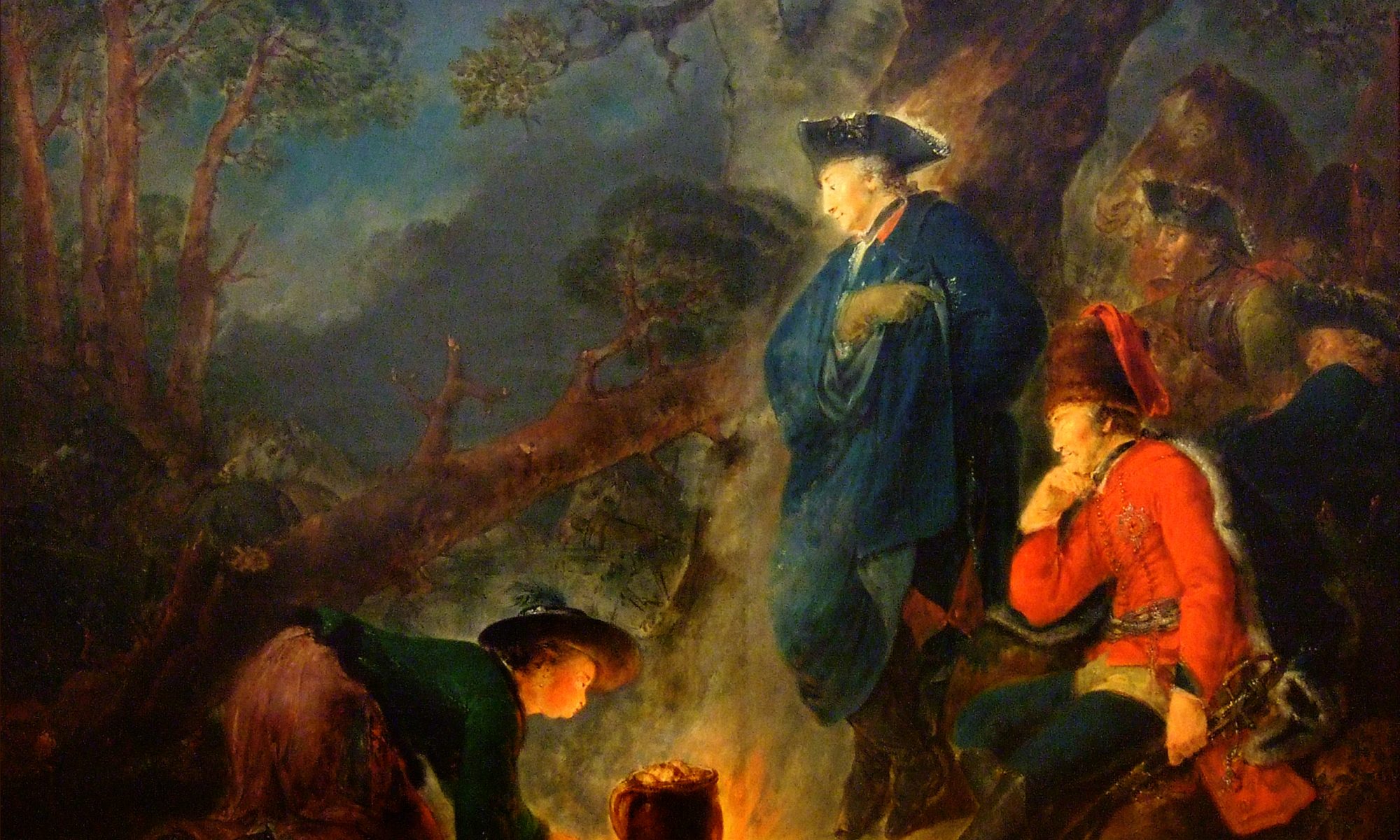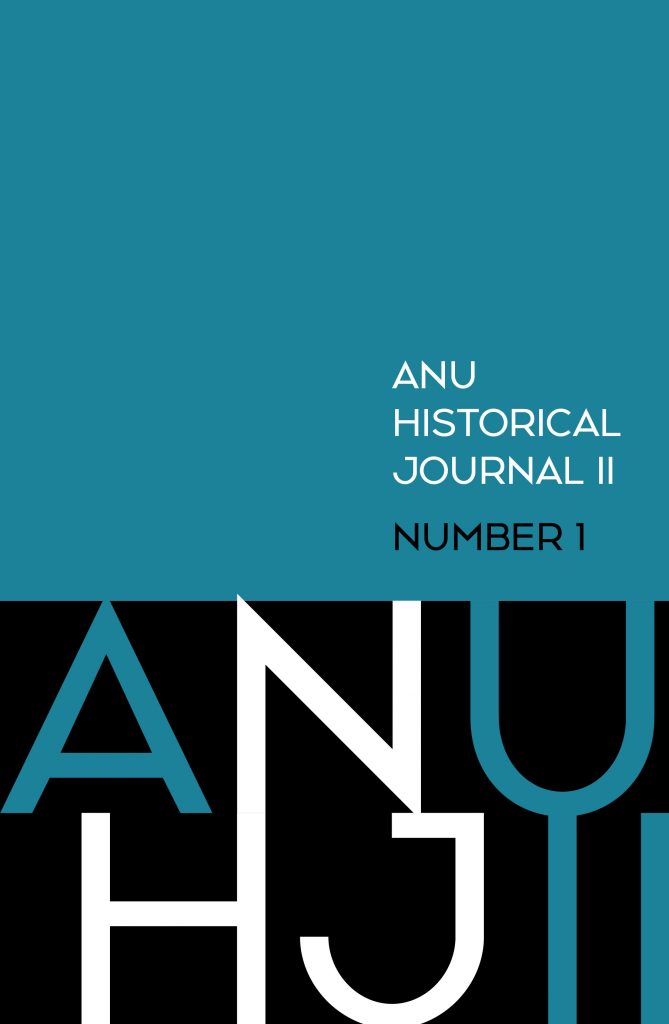“Politicians are a bit pathetic. There’s no two ways about that.”
— Neil Tennant
THE RELATIONSHIP BETWEEN the Pet Shop Boys and the political has always been one of contention. In their four decades (and counting) of pop music, the duo—Neil Tennant and Chris Lowe—have amassed a large discography, not to mention film scores, movie productions, and their own stage shows. In the process, they have often thrown a critical light on what they see as the great hypocrisies of music and stardom. ‘I don’t really like the idea of people projecting themselves as being important humanitarian figures, which is the tendency for rock personalities nowadays’, Tennant once told journalists, in reference to Bono and U2—a reference further explored in the song How Can You Expect to Be Taken Seriously? on the 1990 album Behaviour. In an interview with Reuters, Tennant elaborated: ‘I don’t want to talk about it. We are musicians, not politicians.’
That being said, there is no doubt that the Pet Shop Boys have shaped their music, their careers, and their very presence through politics, the presentation of memory, and history. Tennant’s background in political history aside, the oeuvre of the group is littered with allusions to historical figures, events, and circumstances, from King Zog of Albania and T.E. Lawrence to Che Guevara, from the October Revolution of 1917 to the collapse of the Soviet Union and its consequences, from the Special Relationship to Brexit and the ubiquitously stricter migration controls that have become de jure in the Global West in the last two decades. In 2005, the Pet Shop Boys also recorded a modern score for the 1925 Sergei Eisenstein classic film Battleship Potemkin—a choice not without its own historical and political implications. Thus, in spite of his claim to be a musician, not a politician, Tennant could also, rightly but incompletely, claim that ‘[o]f course I’m very interested in politics […] and I’ve always been interested in British political history, Gladstone and all that.’
Coupled with this, the output of the group extends well beyond mentions, and deep into what might be considered political commentary of both the past and present. In songs such as My October Symphony (1990) and London (2002), Tennant and Lowe meditate on the meaning for both the imagined identity and the material wellbeing of people from behind the Iron Curtain, being thrust into a post-Cold War world. Dreamland (2019) acts both as a love song to Tennant’s adopted hometown of Berlin and a lament as to the Weltfremdheit of his native Britain in the aftermath of Brexit. Opportunities (Let’s Make Lots of Money) (1986), as well as Shopping and Rent (1987) and The Theatre (1993), stand as criticism of the relentless march of capitalism, consumerism, and privatisation. Beyond these, a number of songs (beginning with It Couldn’t Happen Here in 1987, and continuing with Being Boring in 1990 and Dreaming of the Queen in 1993) directly engage with the HIV/AIDS crisis. These messages within the body of work are complemented by the very existence of the two men, as out and recognisable gay musicians. Queer themes throughout the Pet Shop Boys’ discography are both explicit and, by their nature, political positions and statements, as are Tennant’s more recent public positions concerning, among other issues, state-sanctioned homophobia and queer repression by the Putin regime in Russia.
This call for papers requests chapter proposals for an edited collection, which will focus on the relationship between the Pet Shop Boys—as performers, musicians, film score composers and film-makers, and personalities—and politics, broadly defined. The topics to be covered include, but are not limited to:
- Tennant and Lowe’s relationship with activism;
- The role of Soviet/post-Soviet imagery and motifs within the Pet Shop Boys’ work;
- Criticisms of capitalism/nationalism/ideologies;
- Continuities and tensions between the presentations of the work and the performers;
- Visual elements, fashion, techno-futurism, science (fiction), and the Pet Shop Boys;
- Religion;
- Critical comparative analyses of specific songs with reference to a theme (i.e. It Couldn’t Happen Here/Being Boring/Dreaming of the Queen viz. AIDS; I’m With Stupid and Give Stupidity a Chance as criticism of American politics);
- Optimism and pessimism in the presentation of politics;
- Visual art outputs (i.e. films, musicals);
- Critical engagement with race;
- Queer politics and history;
- Identity politics and the representation of sex, gender, and/or sexuality;
- Performance tours and their political implications;
- Relationships with other performers (e.g. David Bowie, Elton John);
- History as a cultural device within the Pet Shop Boys’ discography.
Each proposal should include the following information:
- A proposed title;
- An abstract of between 200-300 words, summarising the focus of your proposed chapter and, where possible, the conclusions it will draw; and
- Your name, academic affiliation (where applicable) and an email address where you may be contacted.
Once these have been assessed and selected, and the authors informed and given the opportunity to accept or decline, the editor(s) will approach academic publishers to determine where the collection will be published. It is initially the intention to approach Bloomsbury Academic. It is also anticipated that final versions of accepted chapters will be collated at the approximate end of 2021 to be submitted to the publisher in Summer 2022, though this is a rough guide and is subject to change. All selected authors will receive a style guide to follow for their chapter, and should plan for an approximate length of 6,000 words.
Abstracts are due by 23.59 CEST on Friday, 19 February 2021, and can be emailed directly to Dr. Bodie A. Ashton at psbcollection2020@gmail.com


